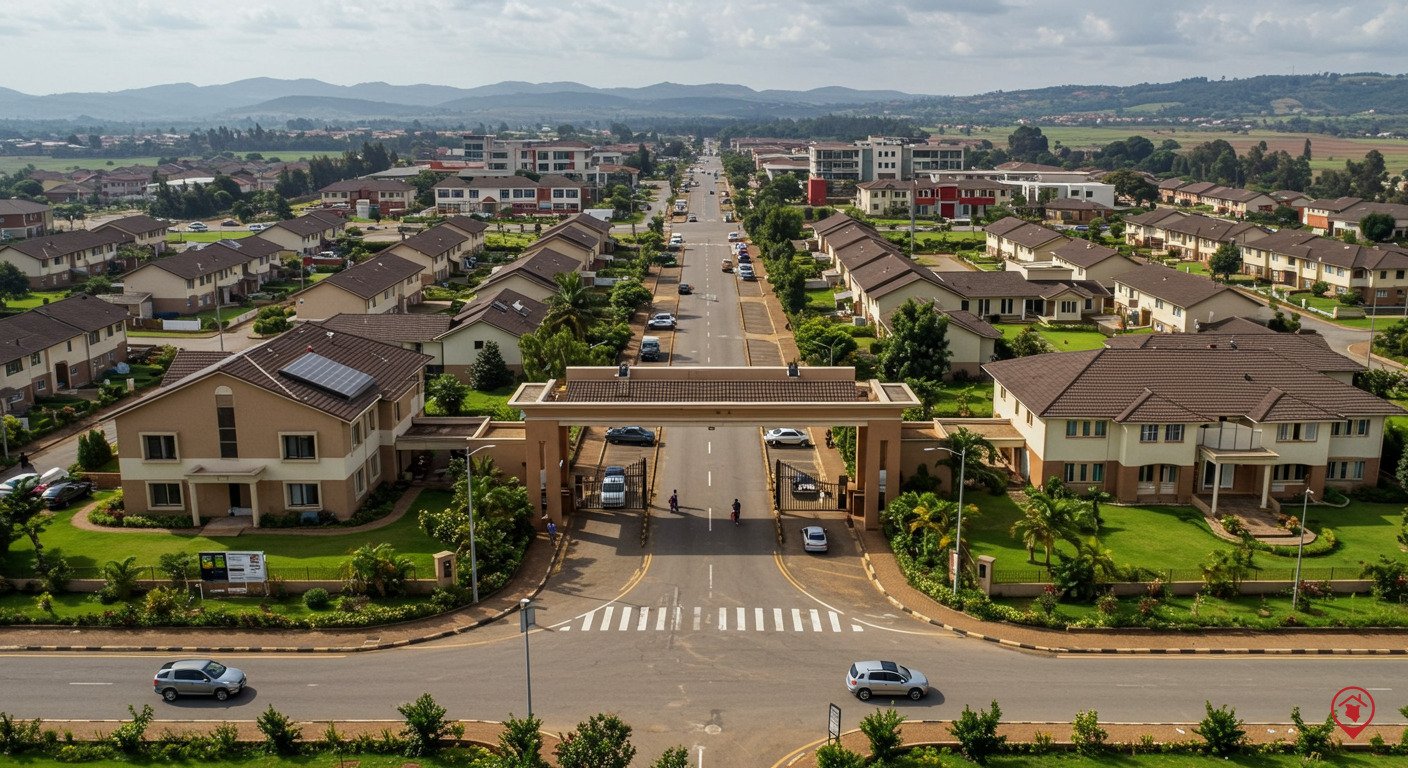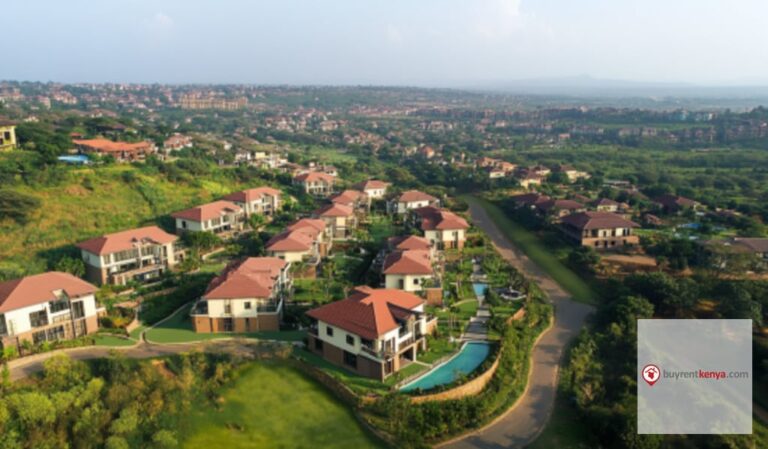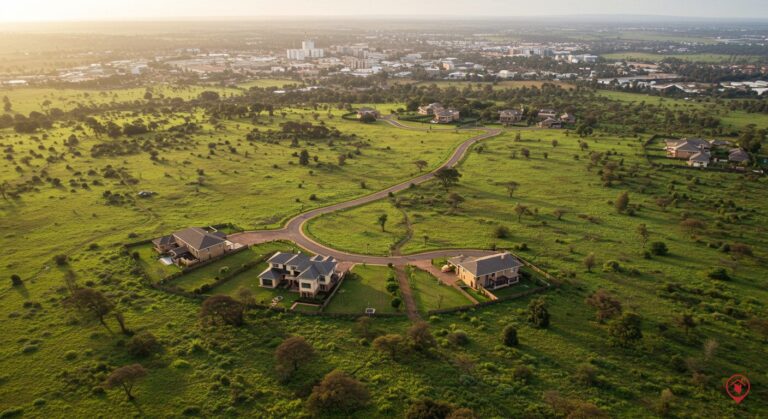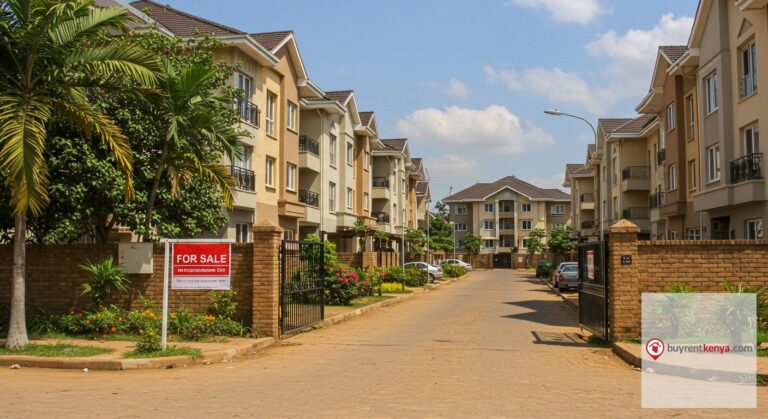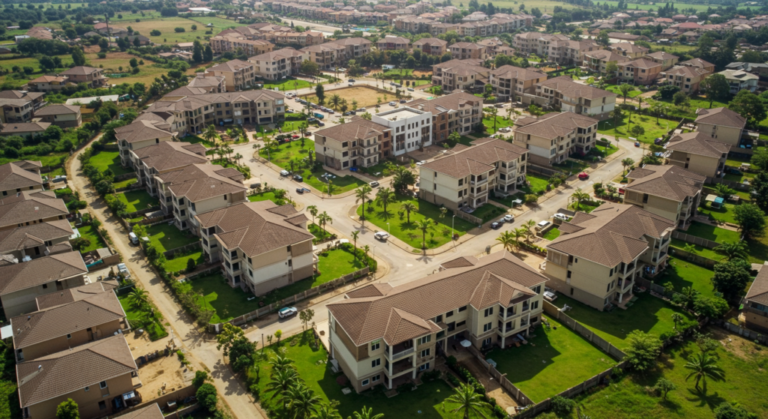Raising Kids in Gated Communities: What Kenyan Parents Should Know
- Over the past decade, Kenya’s urban landscape has shifted dramatically.
- Let’s face it, safety is often the biggest motivator for families moving into gated estates.
- Choosing to raise children in a gated community is a deeply personal decision, shaped by priorities around safety, lifestyle, budget, and values.
Over the past decade, Kenya’s urban landscape has shifted dramatically, especially when it comes to how and where families choose to live. Gated communities, once seen as a luxury, have become the preferred way of living for many. Quickly gaining momentum, these estates are now a common feature on the outskirts of Nairobi and in other urban areas. For many parents, these self-contained communities offer more than just organized streets and manicured lawns, they promise safety, a sense of community, and the space children need to grow and thrive.
But what’s it really like to raise kids in a gated estate? And what should parents consider before making the move?
In this article, we break down the benefits, challenges, and key things to keep in mind if you’re raising, or planning to raise, children in a gated community in Kenya.
READ ALSO: Top 5 Gated Communities in Kenya
In simple terms, a gated community is a residential estate that is enclosed by walls or fences and has controlled entry points. Most are manned by security guards, and some include additional amenities like playgrounds, shops, jogging paths, or even schools.
These communities range from high-end luxury developments in places like Karen, Runda, or Kiambu Road, to more affordable, middle-income options in areas such as Syokimau, Kitengela, Juja, or Ruiru.
The Appeal for Parents
1. Security and Peace of Mind
Let’s face it, safety is often the biggest motivator for families moving into gated estates. With controlled access, surveillance systems, and 24/7 guards, many parents feel more at ease letting their children play outside, walk to a neighbour’s house, or ride bikes along the estate road.
While no system is perfect, gated estates tend to experience fewer security breaches compared to open neighbourhoods, something every parent weighs when choosing where to live.
2. Room to Grow and Play
In many gated estates, kids have access to common play areas, green spaces, or even swimming pools. For families living in urban apartments or crowded neighbourhoods, this can be a game-changer. Children benefit from outdoor time, physical activity, and opportunities to explore independently in a semi-supervised environment.
It’s not just about space, it’s about what that space enables: confidence, imagination, and a sense of belonging.
One underrated benefit is the potential for friendships and support systems. Children often grow up alongside neighbours’ kids, while parents connect over school runs, estate meetings, or casual chats at the gate. In a time when urban life can feel isolating, this sense of community matters.
Considerations Before You Move
While gated communities come with a host of advantages, they also raise a few practical and lifestyle questions that parents should consider.
1. Distance from Schools and Work
Many gated estates are located outside the main city, meaning longer commutes. This can affect school drop-offs, after-school activities, and family routines. Always factor in traffic patterns, especially on routes like Mombasa Road, Thika Road, or Waiyaki Way.
2. Service Charges and Management
Most estates have monthly service fees that cover security, garbage collection, landscaping, and other shared services. It’s important to ask how these fees are structured, whether they increase annually, and how well the estate is managed. Poor maintenance or mismanaged funds can quickly erode the benefits of gated living.
3. Social Diversity and Exposure
Some parents worry that raising children in enclosed, fairly homogenous environments may limit their exposure to the wider society. It’s worth thinking about how to supplement your child’s learning with activities, travel, or school choices that allow them to engage with diverse communities.
What the Future Holds
As Kenya’s cities grow, so does the demand for planned communities that cater to family life. We’re likely to see more child-friendly designs, including estates with learning centres, daycare facilities, sports spaces, and even curated community events.
At the same time, the concept of what makes a good environment for raising kids is also evolving. Gated living isn’t just about walls, it’s about the quality of the life inside them.
Conclusion
Choosing to raise children in a gated community is a deeply personal decision, shaped by priorities around safety, lifestyle, budget, and values. For many Kenyan parents, it’s a decision driven by the desire to give their children a better, safer, more balanced upbringing.
If you’re considering the move, don’t just focus on the gates, pay attention to what the community actually offers, how it’s managed, and how well it fits your family’s everyday needs.
After all, it’s not just where your kids live, it’s where they grow up.
READ ALSO: The Benefits of Living in Gated Communities in Kenya

